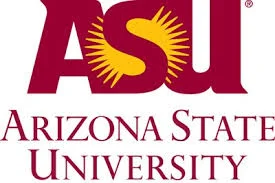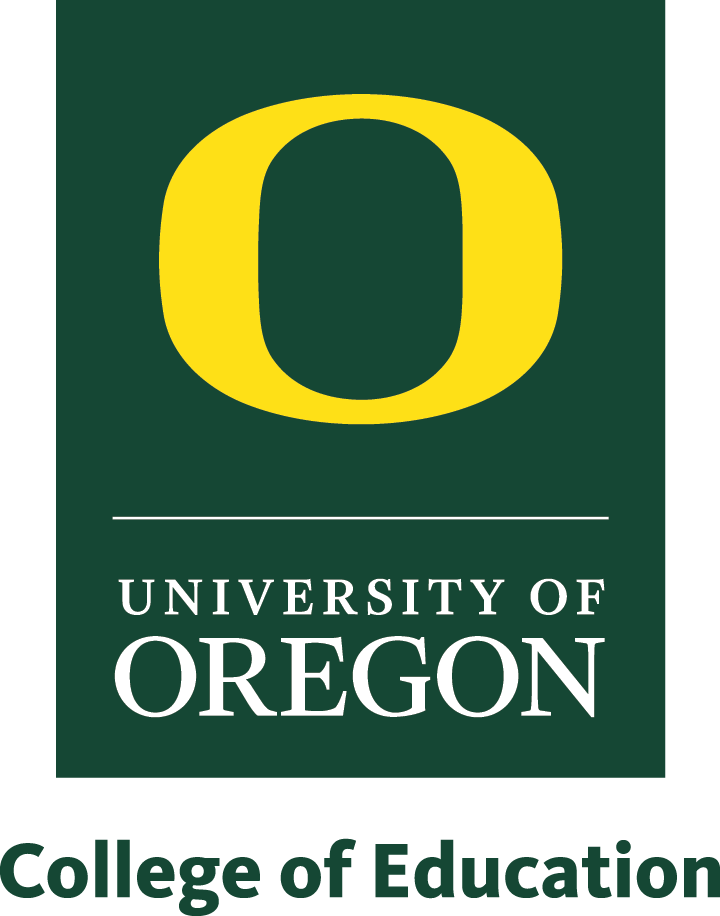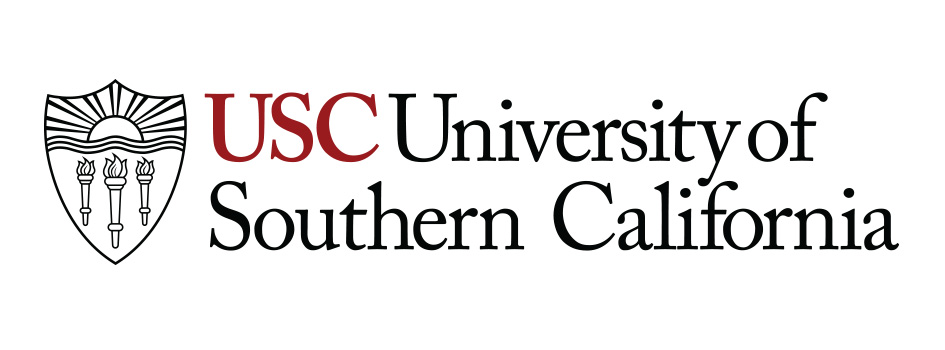Institutional Affiliates
The Scholarly Consortium for Innovative Psychology in Education (SCIPIE) encourages institutions with active SCIPIE members to become institutional affiliates. SCIPIE’s growth over the past decade can be attributed to a robust history of participation from top tier institutions and faculty. Reflecting our leadership and membership, we seek to expand this participation to include institutions both within the southwestern region of the United States and nationally.
We work on behalf of our institutional affiliates around two guiding principles: 1) we act to provide institutional affiliates with increased exposure for their faculty and academic programs through our webpage and our connections with AERA division C and APA division 15; 2) we endeavor to provide graduate students associated with institutional affiliates access to top education psychology scholars from our other participating universities through our own internal programming.
Increased Exposure
During our next conference cycle we would like to expand our institutional affiliates, providing information about the institutions and links to their programs and participating faculty so that faculty and students who are part of the organization, or other interested members, can make connections and pursue academic opportunities through these organizations. AERA Division C and APA Division 15 have graciously helped us to promote our biennial conferences in the past, meaning that faculty and students connected to national educational organizations are a big part of our web traffic.
Graduate Student Experiences
SCIPIE’s graduate student mentoring program and poster session has been a proven success for over a decade. Formal mentoring connections between dozens of graduate students and faculty members have been established for our annual conference, providing students with the opportunity to share their work with faculty from other institutions, whom hold different perspectives and points of view, to gain valuable feedback. In the past we have been able to pair dozens of educational psychology graduate student members with accomplished faculty from around the country from universities across the nation.
Annual Dues
Details about purchasing affiliate institutional memberships can be found on the registration page and in our organization bylaws. Our definition of institutional affiliates has been expanded to include universities outside of the southwest with active faculty and graduate student SCIPIE members. Active members are encouraged to contact their department chairs and deans about institutional affiliate opportunities. Interested university faculty or administrators are also encouraged to contact the SCIPIE acting or incoming president for further details.
Contact information for SCIPIE board members can be found on the “SCIPIE” page of this website.
ASU’s Mary Lou Fulton Teachers College creates knowledge, mobilizes people and takes action to improve education. We develop ideas, people and innovations that improve education for the greatest possible number of people https://education.asu.edu/
As part of culturally diverse community and within one of the largest school districts in the United States, the College of Education at the University of Nevada, Las Vegas offers its students a unique learning environment with direct preparation in PK-16 and other community settings. The College is composed of three academic departments that offer undergraduate, master's, doctoral, and certificate programs: Educational and Clinical Studies, Educational Psychology and Higher Education, and Teaching and Learning. Learn more here: http://education.unlv.edu/about/
If you plan to become a teacher, special educator, administrator, human service provider, or clinician you will find a diverse array of learning, social/cultural, professional, and practice communities at the University of Oregon College of Education. These communities provide a supportive climate and a culture of belonging where students are respected and affirmed. In addition to academic programs, the UO College of Education includes an alliance of nationally prominent centers, institutes, and affiliated research and outreach units working to fulfill our mission. https://education.uoregon.edu/about-us
Working with other colleges, the College of Education is responsible for the vast majority of teacher education on campus. We prepare special educators, school and rehabilitation counselors, school principals and superintendents, and leaders for P-12 and higher education. In recent years, there has been a national call for increased scientific-based research in education. Research is a valuable part of our agenda, and we recognize that a formidable college includes a wide range of scholarship and research — from insight-based, fundamental research to engineering-focused programs of research and development. Learn more: https://www.coe.arizona.edu/about
The mission of the College of Education is to prepare students to teach, lead, counsel, and model life-long learning; engage in scholarship that provides new pathways to meet the needs of a dynamic, diverse society; and facilitate access to learning opportunities that are authentic, student-centered, and technology-rich. Learn more about Georgia Southern’s COE here: https://coe.georgiasouthern.edu/
The founding program of The University of Memphis, the College dates back to 1912, when West Tennessee State Normal School first opened its doors to students. In Fall 2017, the College enrolled more than 1,300 undergraduate and graduate students in nationally-accredited professional programs. Over forty degree programs that prepare students for varied career paths are offered through the three departments within the College of Education. Learn more here: http://www.memphis.edu/coe/
The Department of Educational Psychology offers degree programs at the master's and doctoral levels in Instructional Psychology and Technology, Professional Counseling and Special Education. In addition, a teacher education program leading to a bachelor of science and teacher certification is offered in Special Education. Learn more: https://www.ou.edu/education/academics/educational-psychology
The Department of Educational Psychology (EPSY) is home to a variety of interrelated disciplines and degree options focused on human development and well-being in educational and community contexts. Our undergraduate programs prepare students to work with children and youth in a variety of community and school contexts. Learn more here: http://epsy.tamu.edu/about/
The UNM College of Education offers rigorous undergraduate and graduate degree programs in addition to professional certificates and endorsements. We invite you to explore our website to learn more about furthering your education through one of our nationally accredited programs. Learn more here: https://coe.unm.edu/
The mission of the USC Rossier School of Education (pronounced “ross-EAR”) is to prepare leaders to achieve educational equity through practice, research and policy. We work to improve learning opportunities and outcomes in urban settings and to address disparities that affect historically marginalized groups. The USC Rossier School of Education is part of the University of Southern California, one of the world’s leading private research universities. Located in the heart of Los Angeles, USC offers students a rich urban environment in which to learn, as well as many international opportunities for research and study. Learn more: https://rossier.usc.edu/
Through investing in a diverse student body, the College of Education promotes excellence in educator and professional preparation to meet the real-world challenges of our day. We disseminate research focused on improving educational outcomes. We are committed to engagement with partners through mutual collaboration, innovation and improvement. https://www.depts.ttu.edu/education/
The College of Education is a voice of innovation for learning across the lifespan. We prepare professionals who educate and lead. Our inquiry and practice reflect integrity, a commitment to social justice and the value of diversity in a global community. https://ced.ncsu.edu/about-us/
PSU has a reputation for educating high-quality teachers who have a strong commitment to equity, inclusion and social justice, and a deep toolbox of cutting-edge practices and techniques. We’re filling the gaps in a high-demand industry by training the next generation of impact-driven educators, and giving you multiple pathways to become a teacher. Whether you want to go into elementary education or get a position as a high school science teacher, PSU’s programs will develop your skills and expand your opportunities in the field. https://www.pdx.edu/education/about-coe
We advance learning and knowledge through impactful research, teaching and engagement to provide our students, professionals and communities with the tools to create progressive change. We prepare and support professionals to lead change and inform social, economic, health and educational policy and practice. https://soe.vcu.edu/about-us/
We are a group of service-minded faculty, staff, students and partners who enhance lives through innovative research, teaching and engagement. With a commitment to a welcoming environment for all, we advance the land-grant mission by developing socially-responsible lifelong learners and scholars who serve others to enhance the education, health and well-being of individuals, families and communities. https://education.okstate.edu/
We’re committed to our land-grant heritage and tradition of service to society. Our mission supports the larger WSU mission and is three-fold:
Advance knowledge through scholarly and applied research.
Develop globally-aware and culturally-competent students, leaders, educators, and scholars.
Enhance education, thus contributing to quality of life for individuals, families, and communities.
Clemson University’s College of Education is a transformative leader in systematically improving education, beginning at birth. We train teachers, counselors and leaders for P-12 schools; prepare counselors to serve in communities; train student affairs practitioners, administrators and faculty to serve in higher education; and prepare training and development specialists for business and industry. But we do even more. We engage tomorrow’s educators in high-quality research and professional learning that will help them make a difference in the world.

















